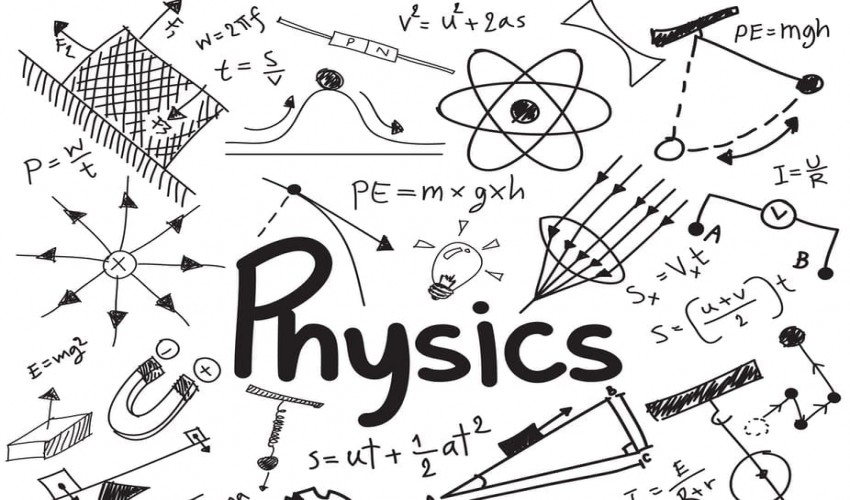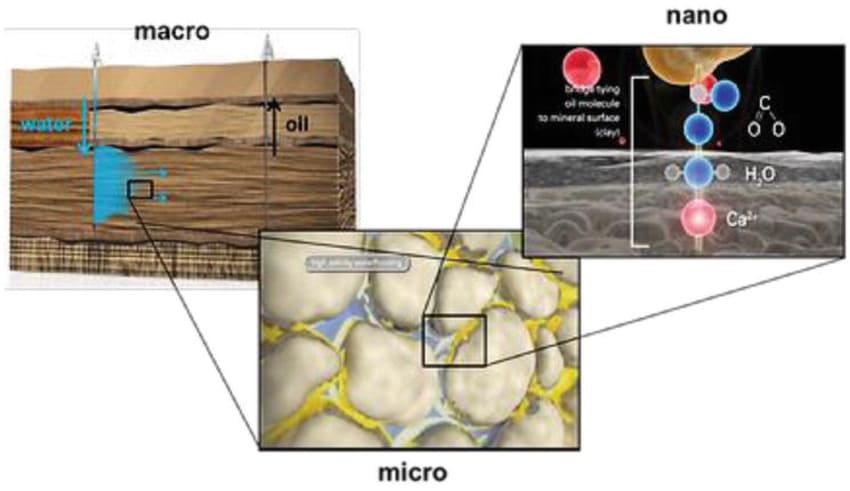
Applied physics
The word physics is derived from the Latin word physica,
which means "natural thing." A
major science dealing with the fundamental constituents of the universe, the
forces they exert on one another, and the results produced by these forces.
Sometimes in modern physics a more sophisticated approach is taken that
incorporates elements of the three areas listed above; it relates to the laws
of symmetry and conservation, such as those pertaining to energy, momentum,
charge, and parityand the structure of atoms.
Physics is one of the oldest academic disciplines and,
through its inclusion of astronomy, perhaps the oldest. Over much of the past
two millennia, physics, chemistry, biology, and certain branches of mathematics
were a part of natural philosophy, but during the Scientific Revolution in the
17th century these natural sciences emerged as unique research endeavors in
their own right. Physics intersects with many interdisciplinary areas of
research, such as biophysics and quantum chemistry, and the boundaries of
physics are not rigidly defined. New ideas in physics often explain the
fundamental mechanisms studied by other sciences and suggest new avenues of
research in academic disciplines such as mathematics and philosophy.
Advances in physics often enable advances in new
technologies. For example, advances in the understanding of electromagnetism,
solid-state physics, and nuclear physics led directly to the development of new
products that have dramatically transformed modern-day society, such as
television, computers, domestic appliances, and nuclear weapons advances in
thermodynamics led to the development of industrialization; and advances in
mechanics inspired the development of calculus.
- General Physics
- Fundamentals of Physics
- Introductory Experimental Physics
- Physics in Medicine
- Advanced Experimental Physics
- Optics and Modern Physics
- Electronics
- Astrophysics
- Optics and Photonics
- Electricity and Magnetism
- Thermal Physics
- Biophysics
- Quantum Mechanics
- Quantum Nanophysics
- Nonlinear Dynamics
- Optics and Photonics Seminar Series
- Introduction to Cosmology
- Fundamentals of Electromagnetism
- Computational Physics
- Quantum Information Science
- Quantum Optics
- Accelerator Physics
- Electrodynamics
- Statistical Mechanics
- Quantum Mechanics
- Advanced Quantum Mechanics
- Advanced Topics in Statistical Mechanics
- Nuclear Physics
- Radiation Detection
- High-Energy Physics
- Advanced Solid-State Physics
- Advanced Topics in Nonlinear and Complex Systems
- Fluid Mechanics
- Classical physics
- Modern physics
- Nuclear physics
- Atomic physics
- Geophysics
- Biophysics
- Mechanics
- Acoustics
- Optics
- Thermodynamics
Recent Published
Submit Manuscript
To give your manuscript the best chance of publication, follow these policies and formatting guidelines.


